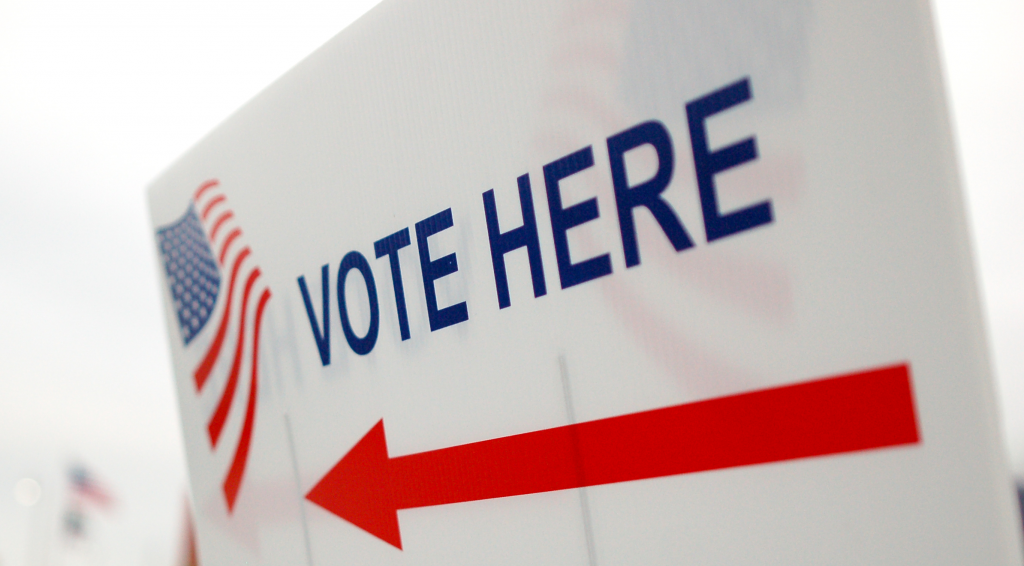Lessons From The (Supposedly) Deep Blue
BY SAMUEL KLEIN
What a dramatic evening. The Senate flipped, the House was reinforced, and gubernatorial upsets were plenty. Many races expected to be practically guaranteed to go left were too close to call hours after the polls closed.
One of the biggest shockers of the night hit me close to home, happening in the bastion of liberalism that is the state of Maryland. Democratic lieutenant governor Anthony Brown, who had this past spring considered the then-upcoming primary race his biggest challenge, lost the Maryland gubernatorial race by 9% to Republican Larry Hogan.
Many counties in congressional districts that voted for Democrats in the Maryland House elections also voted for Hogan, likely seeking a change in the tax-heavy paradigm of Brown’s boss (and presumed presidential hopeful) Martin O’Malley.
This outcome is representative and indicative of voter sentiments across the nation. Citizens are upset with the high costs and severe mishandling of Obamacare and its associated online healthcare exchanges, as well as with gridlock in Washington. As usual in midterm elections, the President’s party did not fare well in Congress—but 2014 was especially severe. The Republicans took control of the Senate with 52 seats, with three more races still too close to call at the time of publication. The GOP will gain at least ten seats in the House, moving their total up to 243 with thirteen still not decided. (To control the chamber requires 218 seats.) And, perhaps most surprisingly, four states with Democratic governors voted in a Republican. Other gubernatorial races retained a Democrat, but with a much less comfortable margin than anticipated. Alaska and Vermont are still to close to call, and Pennsylvania expectedly voted out its incumbent Republican governor in favor of a Democrat.
This election is being rendered a “Republican wave” by many on both sides of the aisle. Last night, the country spoke its mind. So why are the results so surprising?
Political oracle Nate Silver, editor of the cult predictive statistics blog FiveThirtyEight, cites systematic liberal bias in the polls that were conducted for this midterm season. This is not, as Silver himself points out, such an unprecedented anomaly. However, it meant that Democratic voters were perhaps less driven to vote than they would be if they thought their local races could be close.
But all of that is in the past, and we can only look ahead to how little the 114th Congress will get done. Obama’s lame duck years will be as mired in inefficiency and gridlock as can be. For all intents and purposes in the House, little has changed; in the Senate, presumed new Majority Leader Mitch McConnell (R-KY) will set the agenda and the Democrats will be the ones filibustering. We can also look forward to the 2016 campaigns, which will be kicking off in no time. In the words of Jay-Z, on to the next one.
